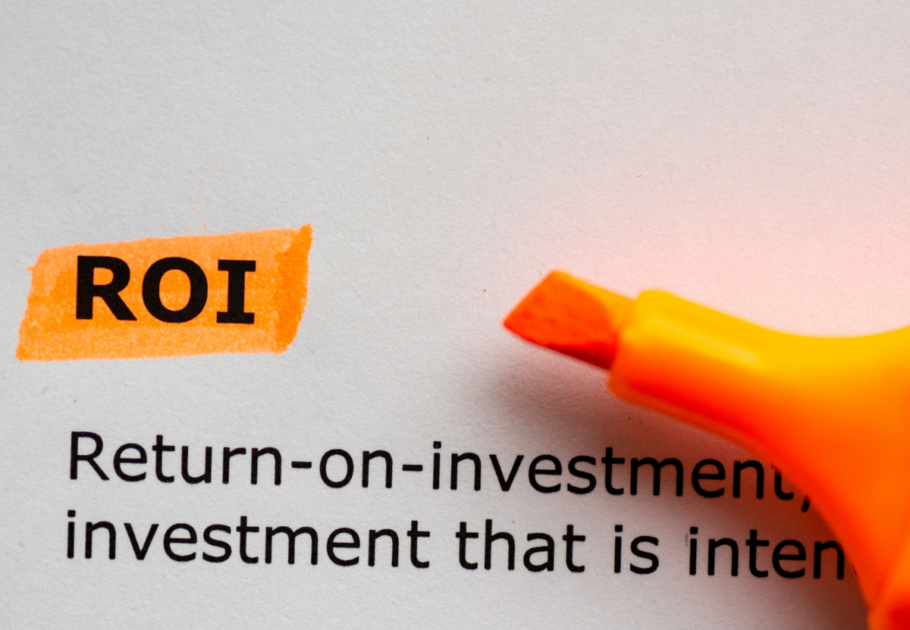Virtual events are a more frequent occurrence due the convenience and high accessibility they have over in person events. Hosts, businesses, employees and creators spend hours carefully planning online events so that they can be as successful as possible. Sometimes, those who are hosting online struggle to track their event performance. It’s important to collect both your KPI and ROI as these two factors reveal your overall statisics. Here is how you can track success factors when monitoring the performance and ROI during your virtual event.
What is ROI?
ROI is short for Return On Investments. This is a measure on how profitable your event was. You want your ROI to surpass the expenses and resources gone into hosting the online event. In order to discover what your ROI was, you must first analyze your KPI metrics.
What is KPI?KPI is short for Key Performance Indicators. These indicators reveal the success of your live event. They include things like the amount of attendees and audience reception. While planning your event, it’s important to predict the likely or desired outcome of each KPI. “Using your KPI metrics is an easy way to learn about what areas of your event went well. They also can help you know what parts need improvement for future events,” concludes Sabrina Waters, event writer at Lia Help and Uktopwriters.
Key Performance Indicators
Length of Audience Participation
One of the most common KPIs used to measure online event performance is length of audience participation. You want a vast majority of your audience to stay the entire of your event. The primary goal of your event is likely high engagement. This is why you want to have a high audience participation rate. If you are experiencing a high loss of audience members, you need to consider reasons as to why people decided to leave. Use live insights throughout the event to track how many people are still engaged in the event.
Amount of Registered Attendees & Those Who Showed Up
Though a huge amount of people can register for your event, the amount that actually shows up is what matters most. If you have past attendees join from prior events, this is a good indication that your work has been effective. You’ll want to have a higher number of attendees and returning participants each event. If you are receiving a higher show up rate for every future event, you are on the right path. When you are getting the opposite results, you’ll have to improve on incentivizing individuals to remain intrigued.
Frequency of Questions Asked
You want high audience involvement during your online event. This is because it proves that your attendees are actually interested in the topics being discussed. Regularly check your live chat, and remember to answer questions, concerns, and pay attention to your audience. An equal balance of questions from your audience and answers from you and your fellow hosts is a clear sign of success. The quality of questions is also a factor to watch out for; the more unique and specific questions are, the higher the audience interest level is.
Audience Feedback
Probably the most valuable Key Performance Factor is audience feedback. Businesses and individuals both need feedback to improve weaknesses. Audience feedback will give you valuable insight on what parts of the event went well, and the parts that were less polished. You can develop a Q&A survey for your audience to answer after the event. You can take the advice, and make necessary changes for future events. You can even hold a team meeting, and address specific feedback so everyone can improve individually. All hosts involved are equally as responsible for the success of an event. “Your audience feedback will help you avoid making mistakes that cause weak performance. This Key Performance Factor can make you aware of issues that you didn’t recognize prior to receiving insight,” shares Tad Gordon, journalist at Bigassignments and Eliteassignmenthelp.
Social Media Reception
Often, online events are hosted via social platforms. A key indicator that your event was well received includes: an increase in following, shoutouts from users and brands, and messages/comments. Using social media is also a good way to promote your online events. Those who are excited about an upcoming event may give your brand a shoutout, helping you gain more attendees. Through dedicated posts promoting your online event, you can let your followers know about it in advance. Look through the comments, and see how many likes you’ve gotten on promotional content. If your content is being well received, you can predict that your event has a high chance of being a success.
Checking your Key Performance Indicators will help you reveal your Return On Investment of your live events. Being conscious of your event performance will help you perform better in future instances.
Author bio
Writer Madeline Miller works at Paper Fellows. Madeline writes about Virtual Event Planning.

